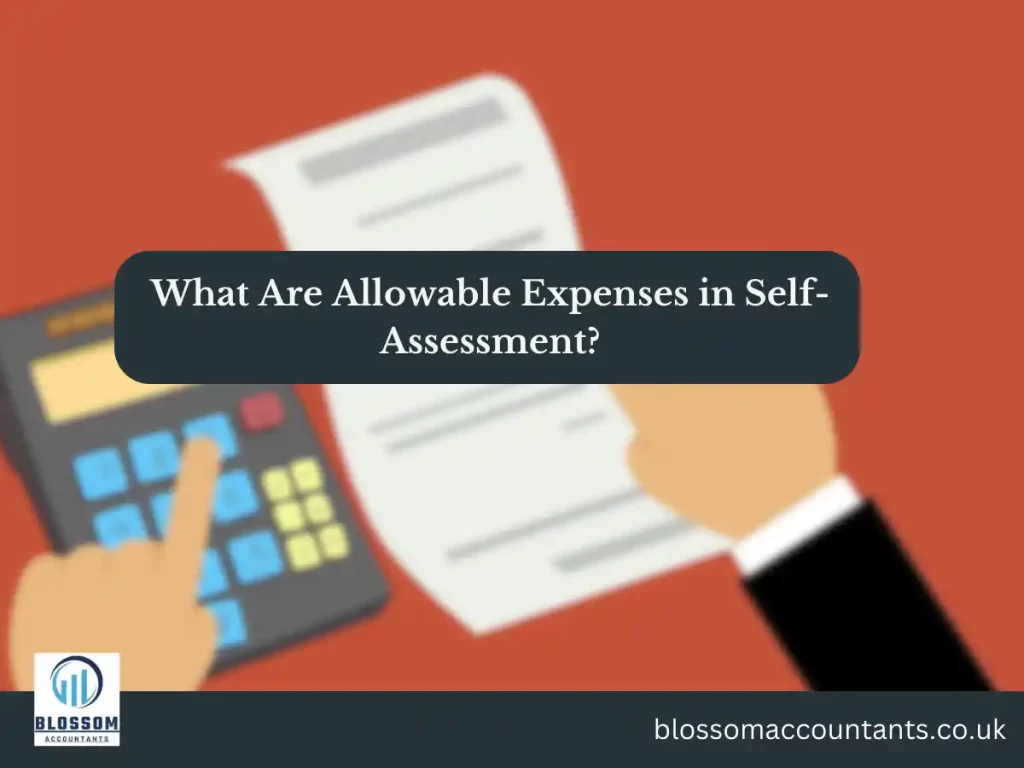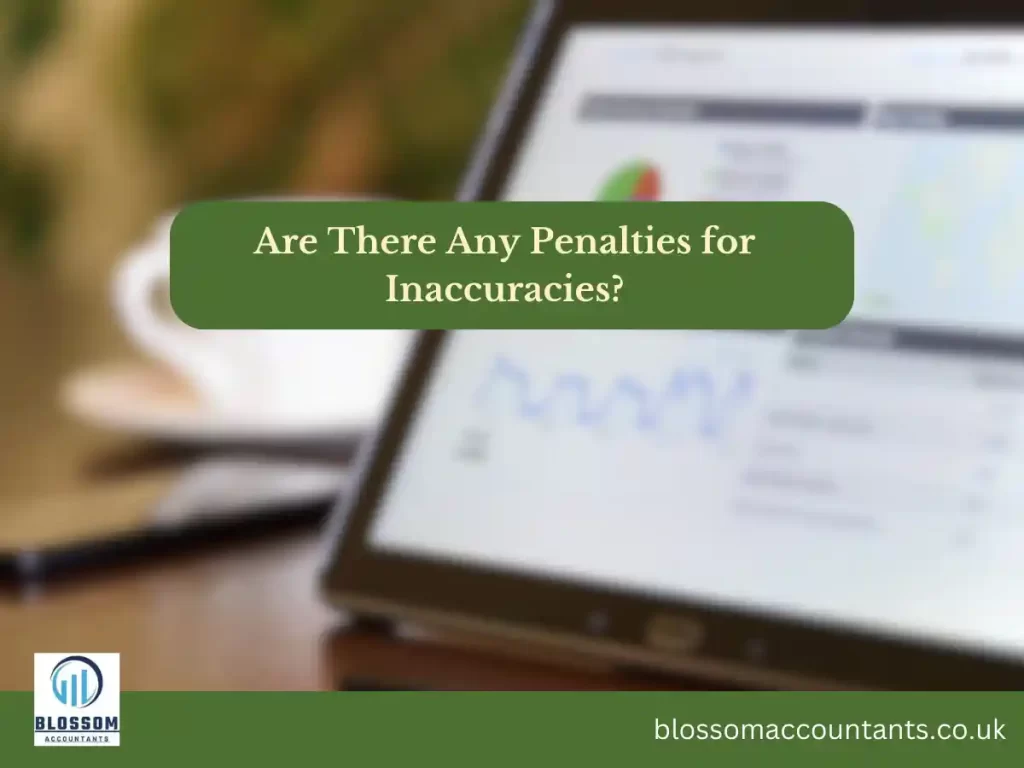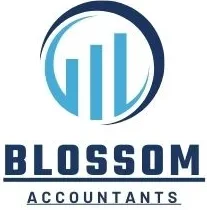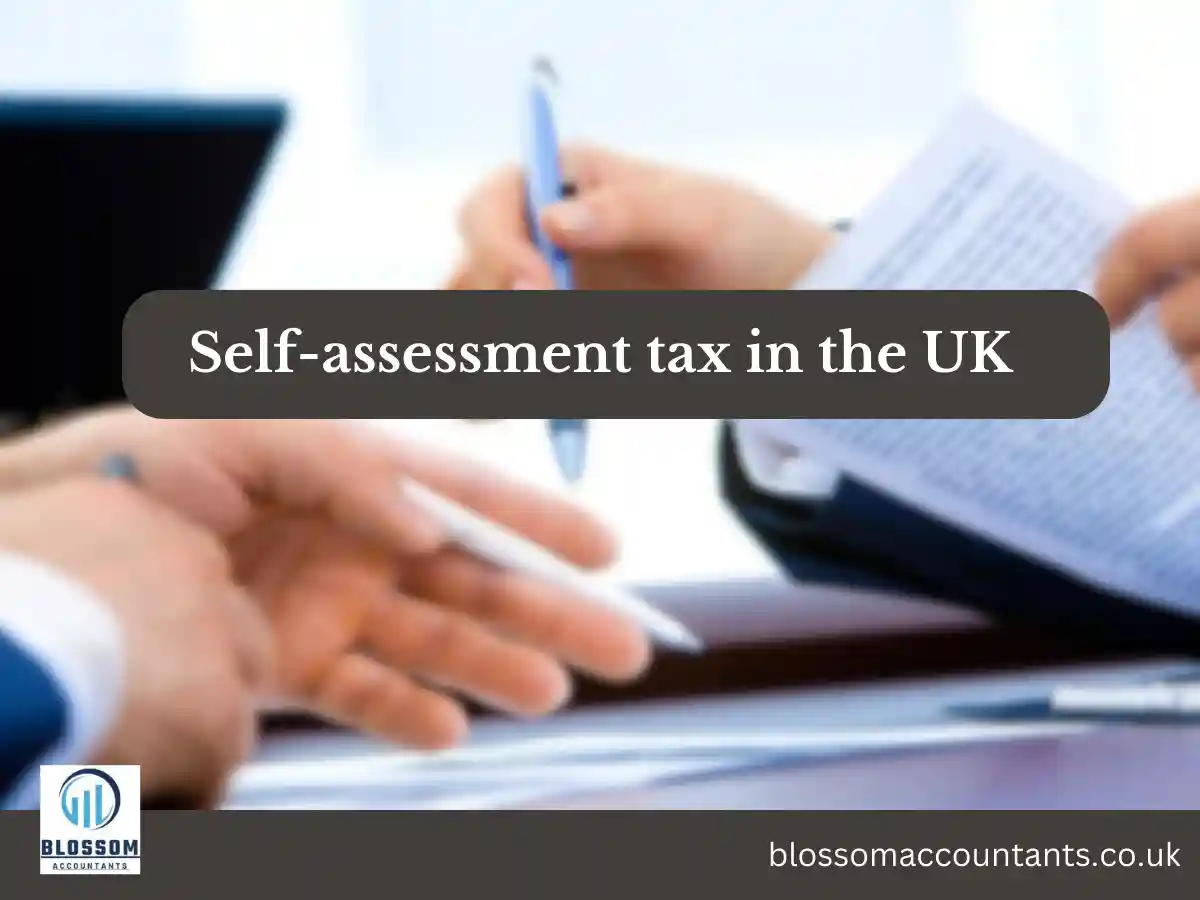Self-assessment tax in the UK is a system where individuals, including self-employed individuals and company directors, report their income, gains, and other financial information to Her Majesty’s Revenue and Customs (HMRC) annually. This process involves calculating and paying any taxes owed based on the reported information. This article aims to provide a comprehensive guide to self-assessment tax in the UK, addressing its definition, eligibility criteria, implications of non-compliance, and steps to ensure timely and accurate submissions.
Table of Contents
What Is Self-Assessment Tax in the UK?
Self-assessment tax is a method through which individuals declare their income, expenses, and other financial details to HMRC, allowing them to calculate their tax liability.
Who Needs to Do Self-Assessment?
Self-employed individuals, company directors, those with untaxed income, high earners, and individuals with complex tax affairs are required to complete self-assessment tax returns.
What Are the Key Deadlines for Self-Assessment?
The key deadline for online self-assessment tax returns is January 31st following the end of the tax year. Paper returns have an earlier deadline of October 31st.
What Are the Implications of Missing the Deadline?
Late submissions can result in penalties, ranging from an initial fixed penalty to additional daily penalties for further delays.
What Are the Steps to Complete Self-Assessment?
Gather necessary documents, register for self-assessment, calculate income and expenses, fill out the tax return, and submit it online or by post.
What Are Allowable Expenses in Self-Assessment?
Allowable expenses include costs related to running a business, working from home, travel expenses, and other necessary expenditures.

How Is Tax Calculated in Self-Assessment?
Tax is calculated by subtracting allowable expenses from income and then applying the appropriate tax rates and allowances
What Are Payments on Account?
Payments on account are advance payments towards the next year’s tax bill. These are due in January and July.
Can You Correct Mistakes on a Submitted Tax Return?
Yes, you can amend your tax return after submission, but it’s crucial to do so within the correction window.
How Does Self-Assessment Impact National Insurance Contributions?
Self-assessment tax includes National Insurance contributions for self-employed individuals
What Are Tax Reliefs and Allowances in Self-Assessment?
Tax reliefs and allowances, such as the personal allowance and marriage allowance, can reduce your overall tax liability.
Are There Any Penalties for Inaccuracies?
If HMRC discovers inaccuracies in your tax return, penalties can be imposed depending on the nature and severity of the errors.

What If You Can’t Pay Your Tax Bill on Time?
It’s important to contact HMRC as soon as possible if you’re unable to pay your tax bill on time to explore potential options.
How Can You Ensure Accurate Self-Assessment?
Keeping detailed records, seeking professional advice, and using HMRC-approved software can help ensure accurate self-assessment submissions.
What Are the Benefits of Filing Self-Assessment Tax Returns?
Filing self-assessment tax returns allows you to accurately report your financial information, claim allowable expenses, and ensure compliance with tax regulations.
Can You Use Accountants or Tax Advisors for Self-Assessment?
Yes, many individuals choose to work with accountants or tax advisors to ensure accurate and compliant self-assessment submissions.
What Is the Role of the HMRC Online Portal?
The HMRC online portal provides a platform for individuals to register for self-assessment, complete tax returns, and make payments.
Conclusion:
Self-assessment tax in the UK is a critical process that ensures individuals accurately report their financial information and fulfill their tax obligations. By understanding who needs to complete self-assessment, the deadlines involved, allowable expenses, calculation methods, and potential penalties, individuals can navigate the process with confidence. Seeking professional assistance, maintaining accurate records, and utilizing online resources provided by HMRC can help individuals avoid mistakes and ensure timely and accurate submissions. Proper self-assessment not only ensures compliance with tax laws but also allows individuals to take advantage of tax reliefs and allowances while avoiding penalties for non-compliance.
DISCLAIMER: We have written the UK accounting and tax related details for your information only. For professional advice or for any accounting task you require, you may need to speak to a professional accountant near you who can assist you. Please read our disclaimer for more details.

